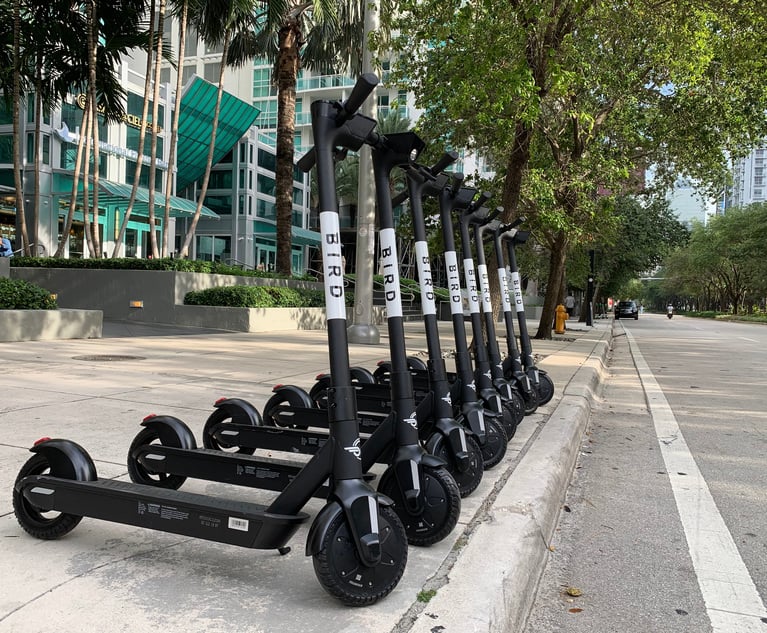The use of Representations and Warranties Insurance (RWI) to help facilitate a merger or acquisition has steadily increased to the point that it is now common and parties utilize RWI to address the risks associated with a breach of the seller’s representations and warranties in a significant portion of transactions. What was once an unfamiliar niche insurance product has now become a primary tool for mitigating risk and liability for buyers and sellers.
As RWI has become more of an industry norm in the United States, parties have increasingly sought to utilize U.S.-style RWI policies for cross-border transactions (in particular, transactions with non-U.S. parties or non-U.S. governing laws). There are, however, a number of differences between U.S. and international RWI coverage that all parties involved in a deal need to be mindful of from the start to help ensure a smooth transaction.


 Howard B. Epstein and Theodore A. Keyes
Howard B. Epstein and Theodore A. Keyes




